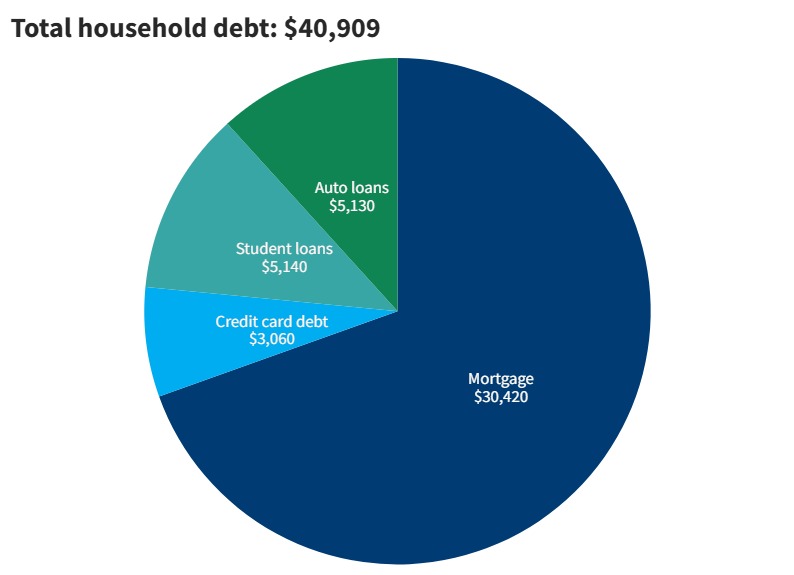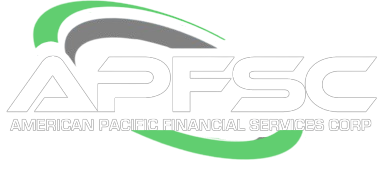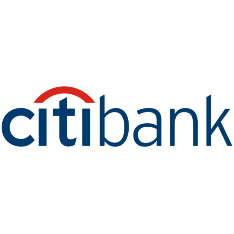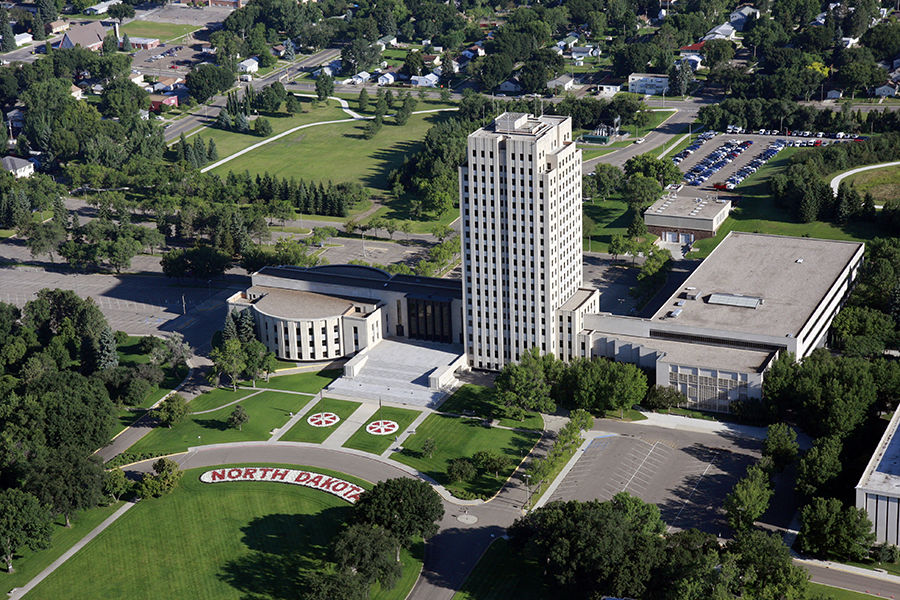Debt Relief Programs
If you’re feeling overwhelmed by debt in Iowa, you’re not alone. From Des Moines and Cedar Rapids to Davenport, Sioux City, and rural areas across the state, many Iowans are struggling to manage credit card balances, student loans, and rising expenses. At APFSC, we offer personalized, non-profit debt relief and credit counseling services that help you regain control of your finances and move toward a debt-free future.
The Growing Debt Problem
Understanding Iowa’s Debt Landscape
While Iowa offers a relatively affordable cost of living, many residents still experience financial hardship due to stagnant wages, medical expenses, or unexpected emergencies. The average credit card debt in Iowa is just under $5,400, and the average student loan debt is over $30,000. Approximately 11.8% of Iowans are currently repaying student loans.
Many families in Iowa use credit cards to manage daily expenses like groceries, fuel, or housing—especially in months when income is tight or irregular. Without a structured repayment plan, these balances can snowball and become difficult to manage. That’s where APFSC comes in to help.

How APFSC Helps Iowa Residents Pay Off Debt
We begin with a free consultation, where one of our certified credit counselors reviews your income, expenses, and total debt. If you qualify, we’ll recommend a customized Debt Management Plan (DMP) that consolidates your unsecured debts into one monthly payment—typically with reduced interest rates and waived fees.
A DMP through APFSC offers:
- One simplified monthly payment
- Lower interest rates negotiated with creditors
- Elimination of late fees and collection harassment
- A clear path to pay off your debt in 3 to 5 years
- Access to financial education and long-term budgeting tools
It’s not a loan—it’s a structured repayment plan that gives you peace of mind and control over your financial future.
Why Iowans Accumulate Debt
- High out-of-pocket medical expenses and limited insurance
- Job loss or reduced hours in farming and service industries
- Credit card usage to cover daily essentials
- Student loan obligations with no payoff strategy
- Lack of emergency savings to handle financial surprises
Talk to a HUD-certified housing counselor to get help with the housing challenges you’re facing.
Why a Debt Management Plan Works
A Debt Management Plan is a safe, effective way to repay unsecured debts such as credit cards, medical bills, and personal loans—without borrowing more money. Once enrolled, you make one monthly payment to APFSC, and we handle payments to each of your creditors.
Key benefits of a DMP include:
- Lower total interest and faster payoff
- Freedom from collection calls and legal threats
- Simpler, more manageable payments
- Improvement in your credit over time with on-time payments
- Professional support from certified counselors throughout the process
Most clients complete the program in 3 to 5 years, depending on the amount of debt and their monthly income.
Iowa Debt Statistics
- Average credit card debt: $5,378
- Average student loan debt: $30,950
- Residents with student loans: 11.8%
- Total student loan debt in Iowa: $13.9 billion
- Average credit score in Iowa: 733
Why Choose APFSC?
As a non-profit organization, APFSC is focused on helping you—not profiting from your situation. We offer judgment-free support, transparent options, and actionable steps to help you get back on track.
When you contact us, you’ll speak with a certified counselor who understands the financial challenges unique to Iowa. You’ll receive a personalized action plan based on your income, debt, and long-term goals. There’s no obligation, and your first session is completely free.
Talk to a HUD-certified housing counselor to get help with the housing challenges you’re facing.
FAQ
Will a Debt Management Plan hurt my credit score?
Initially, it might dip slightly, but most clients see improvement over time as they make consistent on-time payments.
How long does the program take?
Most people complete their plan in 3 to 5 years, depending on how much they owe.
Can I still use my credit cards?
Once enrolled in a DMP, those accounts are typically closed to help you stay on track.
Is my information kept confidential?
Yes. All consultations and services are private and secure.















































